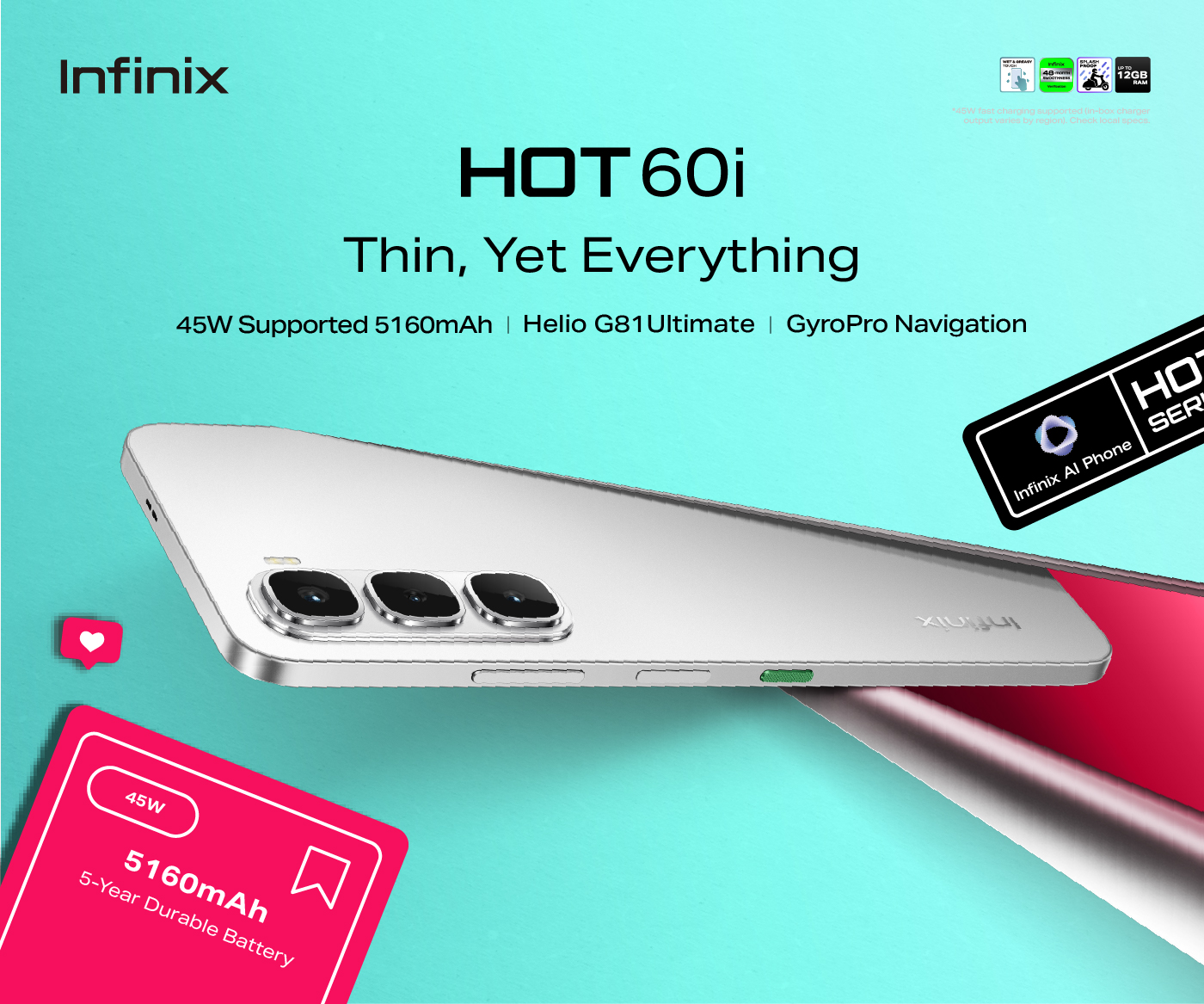Consumer spending during the 2017 elections in Kenya saw Kenyan consumers remain resilient during the election period, according to Consumer Wallet – a platform launched by mSurvey and Safaricom in March 2017. Using the platform to capture Kenya’s election-related offline consumer spending habits, the team found that the overall spending from 5th to 11th August, only decreased by an average of 3%.
The first-of-its kind insight showed that Kenyan consumer spend plummeted by 25% in the days leading to Election Day. Between 5th -7th August, all personal consumption expenditures including Food, Household & Personal Care and Airtime, saw a considerable decrease, with the exception of Medical Bills. However, this decline was short-lived as spending increased by 29%, just 3 days post-election.
mSurvey and Safaricom’s Consumer Wallet also found that Kenyans spent more on Medical Bills (Consultation, Drugs purchases & Treatment) in the three days leading to Election Day. Figures for this category soared from an average of Ksh 1,280 to Ksh 2,706 (111%). However, this soon declined by 42%, a few days after Kenyans had cast their votes. As Election Day in Kenya is declared a national holiday, the sudden increase spend on Medical Bills suggests that citizens may have used their time off as an opportunity to attend to their health.
Consumer Wallet looks at key expenditure outlets, including Food, Bills, Transport and Household Shopping. The results revealed:
-
After Betting (41%), Entertainment recorded the largest increase in spend (25%). The data also shows that Kenyans spent 94% more on Entertainment, 3 days after electing their president.
-
The average spend of Betting increased by 97%, 3 days after Election Day, making this the category with the largest increase in consumer spending. This rise is attributed to the fact that the Premier League, which is popular among Kenyans, started on 11th of August.
-
There was an overall decrease on money spent on Transport by 4% during the election week. However in the days leading up to the elections, Kenyans spent 54% more on Transport. This rise could be as a result of higher costs as well as many citizens travelling further distances. As of July, the most popular form of transport were the privately owned minibuses; Matatus, accounting for 59% of the spend in this category.
-
During the election period, the average spent on Food decreased by 8%. In comparison, Kenyans had increased their overall spend on this category by 7% in July, suggesting that consumers may have spent more, in preparation for the election period.
Consumer Wallet has been able to demonstrate how events such as elections can affect the majority of Kenyans; the people on the ground, and how it can affect everyday life where it often matters most – in their pockets. The data further reveals that consumers spent significantly more money on Entertainment; a possible explanation for this could be that Kenyans paid for access to digital tv in order to keep abreast with the news surrounding the general elections. While consumer spend may have declined prior to Election Day, it returned to usual levels very quickly once the election had passed, as the nation prepares to move forward as one.
Launched in March 2017, in partnership with Safaricom, Consumer Wallet is a live and dynamic data feed that leverages mSurvey’s mobile messaging platform to track and measure Kenya’s cash economy over time, providing businesses, entrepreneurs and investors in the country unprecedented insight into the spending habits of the offline consumer.
Kenfield Griffith, mSurvey Founder and CEO reveals, “These types of data have never been accessible before – not at this scale, and not in such granular detail. Access to information at such precision and granularity has really been fascinating for us, creating visibility to consumer spending habits at such a pivotal moment for the country. For us, not only do we want to see what trends exist, but we want to know why they exist, so we can help the businesses we work with plan for the future”.
66% of Africa’s consumer spending activity takes place using cash, so whilst Kenya is well known for its early adoption of mobile money, through services such as M-Pesa, economists are unable to construct a full picture of what the consumer economy is doing, without monitoring and scrutinising offline spend. For the very first time, mSurvey’s Consumer Wallet allows businesses to engage in conversations with consumers directly, to understand the consumer based on real-time data on their purchasing / spending trends and habits.
For more information on the Consumer Wallet, please click here.



